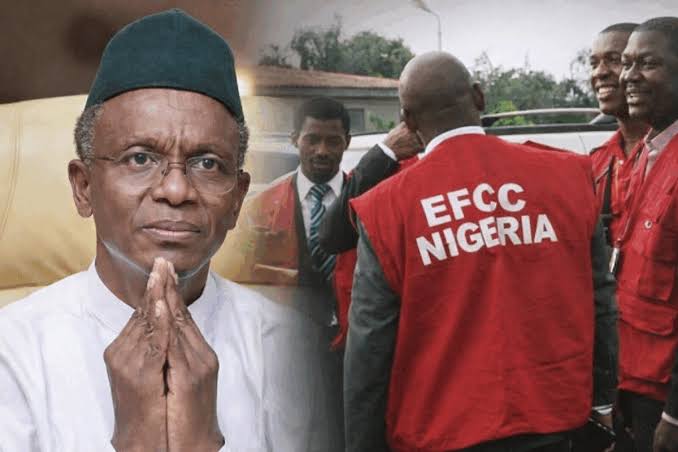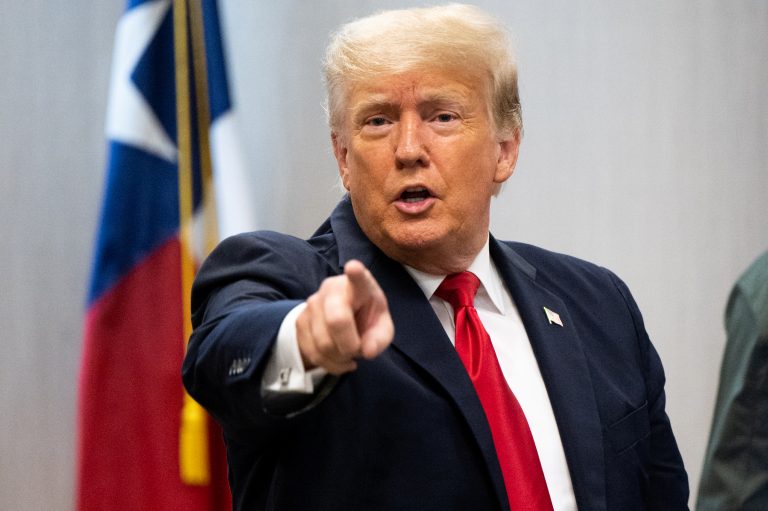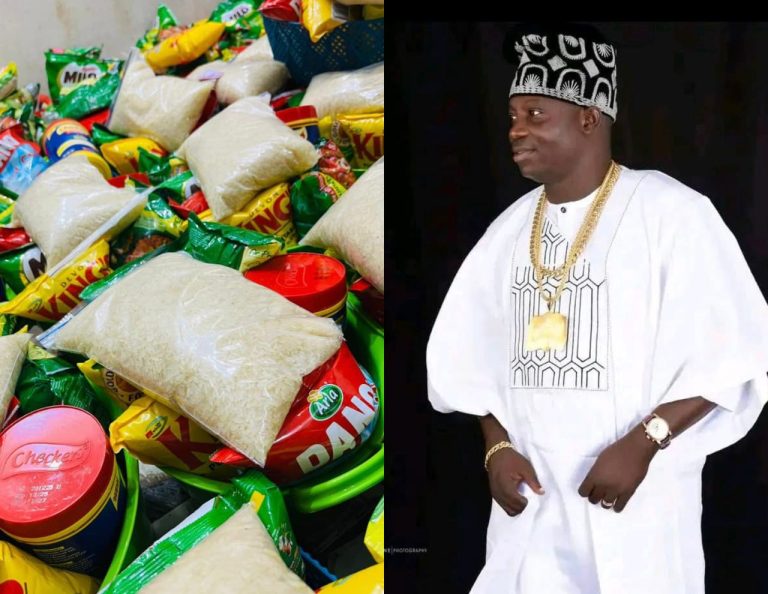
U.S. prosecutors want Changpeng Zhao, the founder and former chief executive of Binance, the world’s largest cryptocurrency exchange, to serve three years in prison after he pleaded guilty to violating laws against money laundering.
Prosecutors made the request in a Tuesday night filing in Seattle federal court.
They said sentencing Zhao to twice the maximum 18 months recommended under federal guidelines would reflect the magnitude of his willful violations, and send a message that “the right choice, every time, is to comply with the law.”
Lawyers for Zhao requested probation. U.S. District Judge Richard Jones is expected to sentence Zhao on April 30.
Once the most powerful figure in the crypto industry, Zhao, 47, stepped down as Binance’s chief last November, when he and the exchange admitted to evading anti-money laundering requirements under the Bank Secrecy Act.
Binance agreed to a $4.32 billion criminal penalty.
Prosecutors said Binance, employing a “Wild West” model that welcomed criminals, did not report more than 100,000 suspicious transactions with designated terrorist groups including Hamas, al Qaeda and the Islamic State of Iraq and Syria, or ISIS.
They also said Zhao’s platform also supported the sale of child sexual abuse materials and was a recipient of a large portion of ransomware proceeds.
“He made a business decision that violating U.S. law was the best way to attract users, build his company, and line his pockets,” prosecutors said.
In seeking leniency, Zhao’s lawyers cited the first-time offender’s “unflinching” acceptance of responsibility, his $50 million criminal fine, and that no defendant in a remotely similar case has been imprisoned.
They also said Zhao made Binance an industry leader on compliance, “despite the initial failures that led to this prosecution.” Zhao founded Binance in 2017.
He has been free on a $175 million bond, and agreed not to appeal any sentence within federal guidelines.
Binance’s penalty included a $1.81 billion criminal fine and $2.51 billion of restitution.
Zhao also paid $50 million to the U.S. Commodity Futures Trading Commission, his lawyers said.






